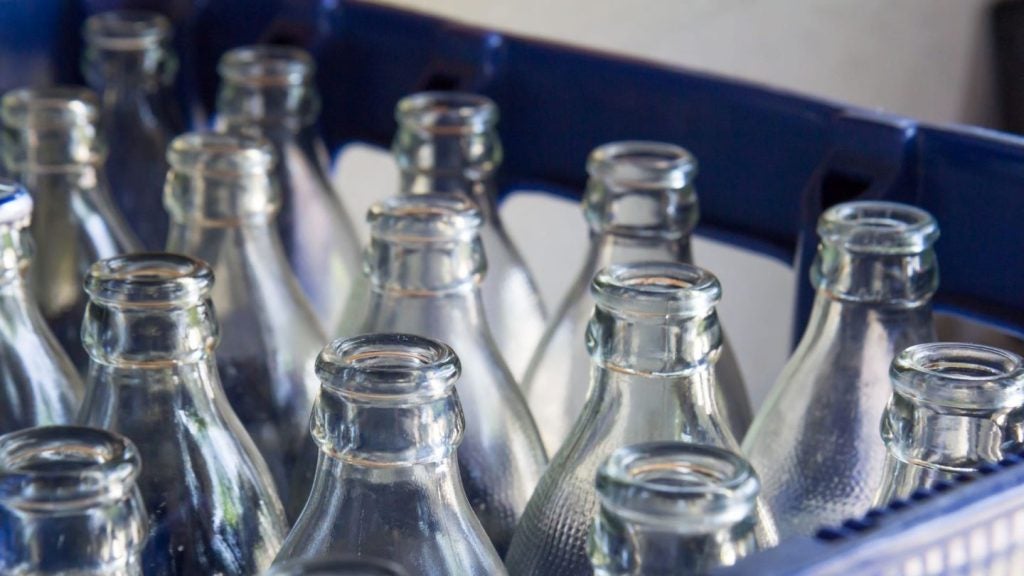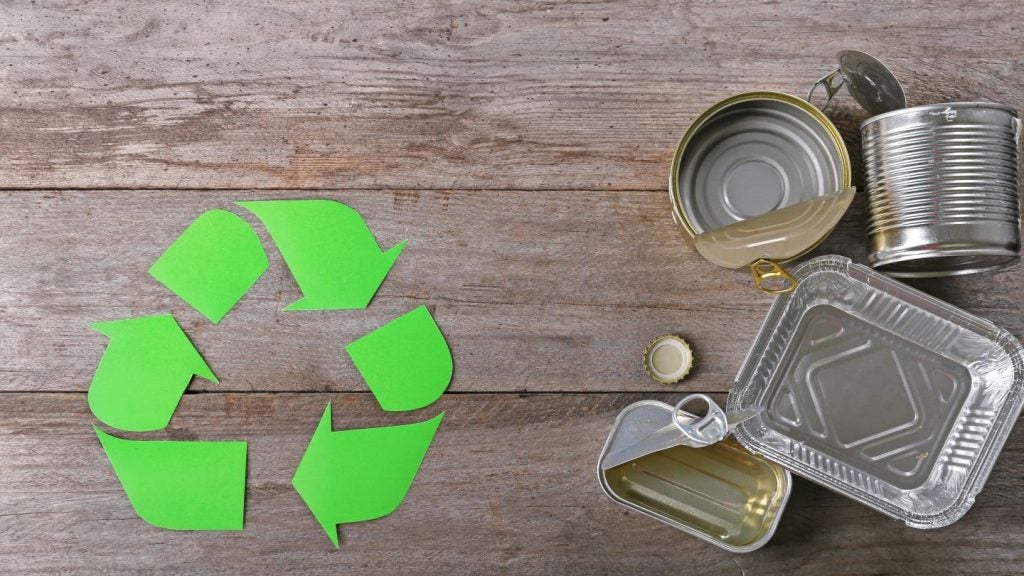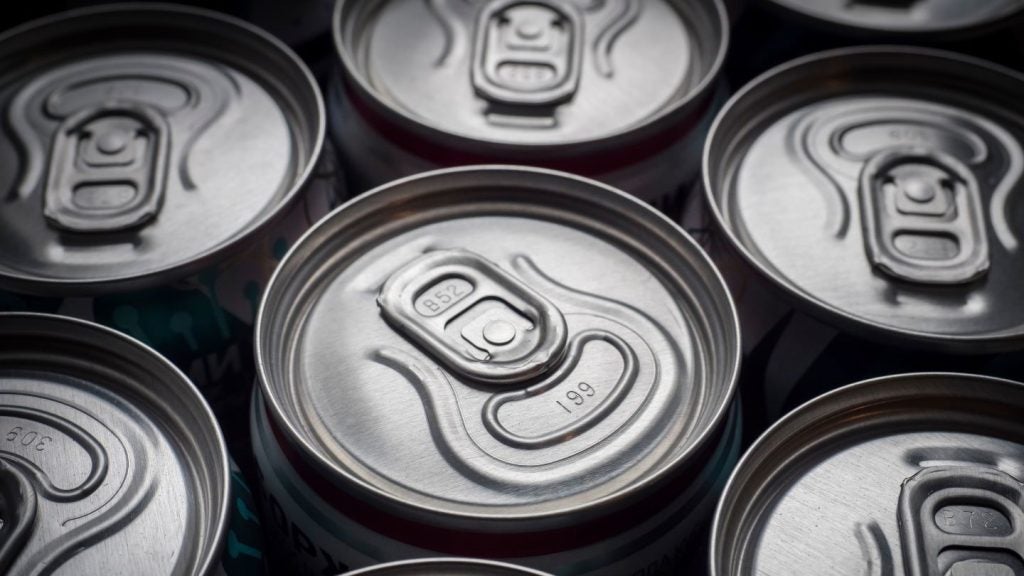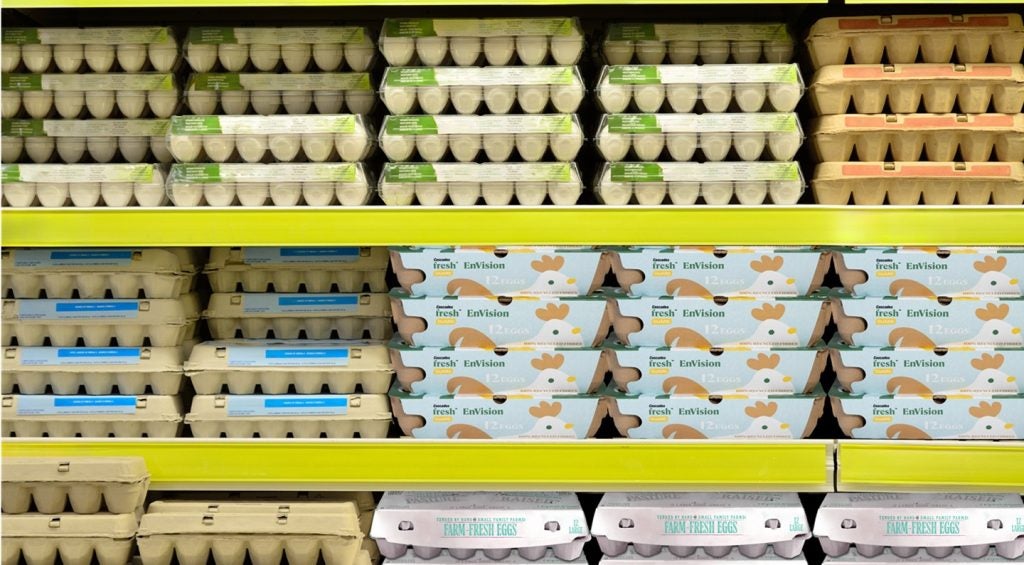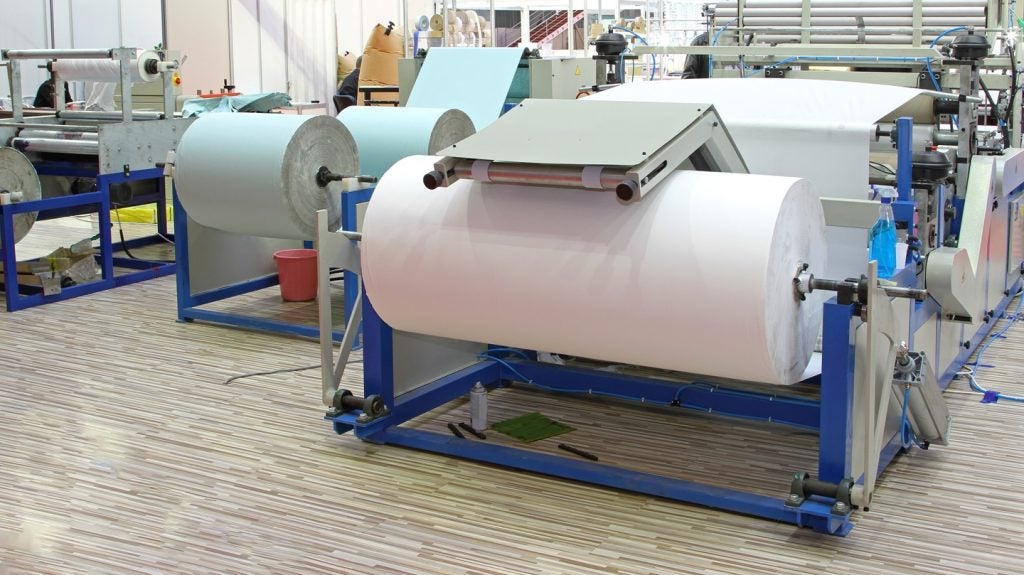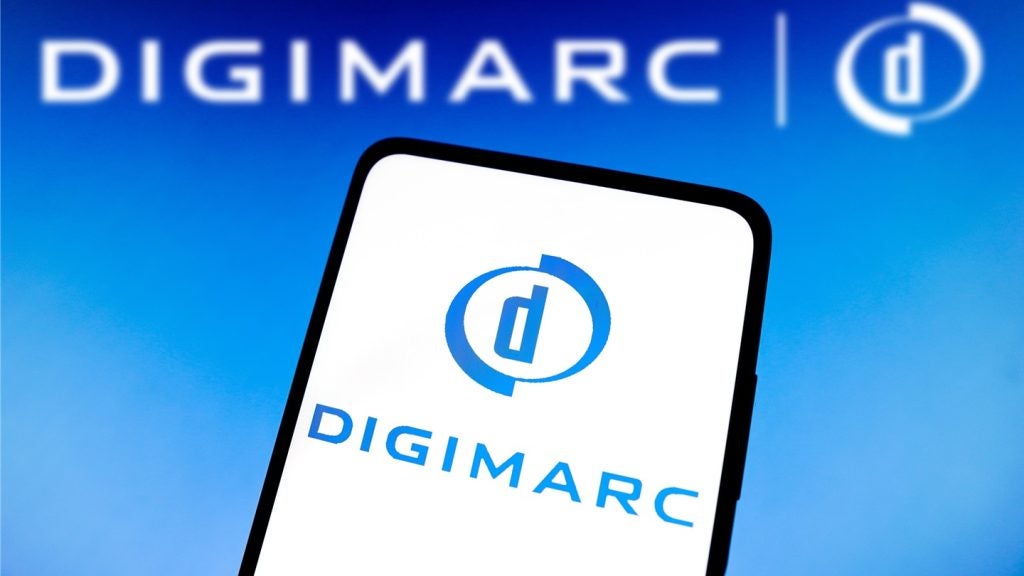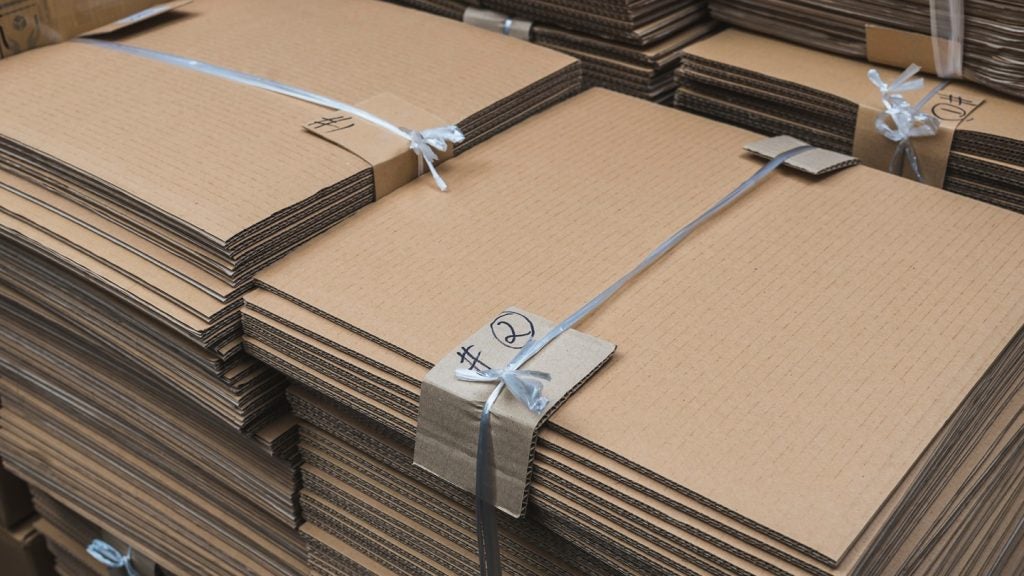O-I Glass is making a significant investment in sustainability at its Veauche plant in France.
The company plans to invest $65m to upgrade the facility with hybrid-flex technology and a heat recovery system, aiming to significantly reduce the plant's environmental footprint.
The facility will be the first of its kind for the company to implement hybrid-flex technology in one of its furnaces.
This approach allows the furnace to operate with a mix of electricity (up to 70%) and conventional fossil fuels, offering greater flexibility and reduced reliance on traditional energy sources.
O-I Glass anticipates a 43% decrease in on-site carbon dioxide (CO₂) emissions from the hybrid-flex furnace compared to a standard furnace, operating at an average electricity level of 50%.
This reduction directly contributes to O-I's global target of achieving a 25% decrease in greenhouse gas emissions by 2030.
The upgraded furnace will also feature a heat recovery system, capturing waste heat and feeding it back into the plant's internal energy network.
This system is expected to fulfil up to 94% of the plant's heating needs, further enhancing efficiency and minimising energy consumption.
The Veauche plant is a leading example of sustainable glass production within the packaging industry.
The facility boasts a strong commitment to the circular economy, utilising up to 87% recycled glass content sourced from a nearby processing plant.
Additionally, its strategic location minimises transportation requirements for delivering the glass bottles to customers in premium markets such as spirits and wine.
“This hybrid-flex technology represents another step forward in improving the sustainability profile of our plants,” said Randy Burns, CSO for O-I.
“Not only is the glass we produce infinitely recyclable and healthy, [but] our approach to producing it is holistic, and we can see it here technologically, and energy-wise, as well as through partnerships we have with local communities and customers.”
Once the upgrades are completed by December 2025, the Veauche plant is expected to achieve a 35% reduction in CO₂ emissions compared to pre-2020 levels, solidifying its position as a model for sustainable glass production within the global packaging industry.


